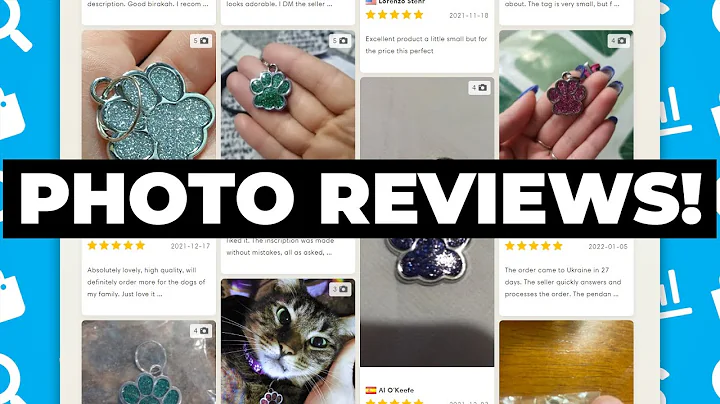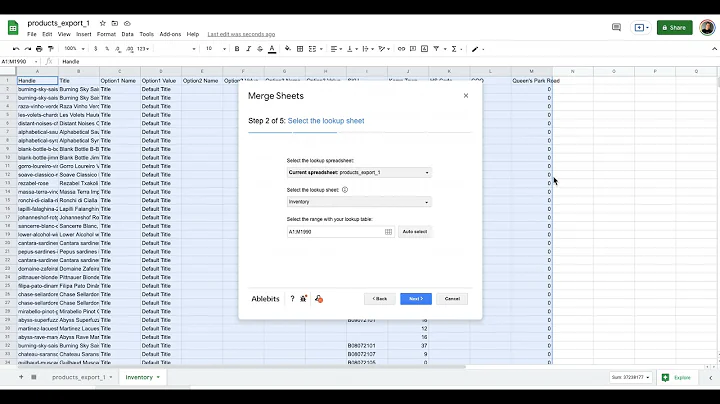Unlocking the Power of Shopify B2B
Table of Contents
- Introduction
- What is Shopify B2B?
- Benefits of Shopify B2B
- 3.1 Increased Sales Opportunities
- 3.2 Streamlined Operations
- 3.3 Improved Customer Experience
- Features of Shopify B2B
- 4.1 Companies
- 4.2 Locations
- 4.3 Payment Terms
- 4.4 Price Lists
- 4.5 Catalogs
- 4.6 Login Workflow
- 4.7 Customer Permissions
- 4.8 Tax Exemptions
- 4.9 Company Branding
- 4.10 Bulk Discounts
- Leveraging Shopify B2B for Your Business
- 5.1 Migration from Custom Code
- 5.2 Integration with Salesforce
- 5.3 Enhancing the Payment Process
- Conclusion
Shopify B2B: Unleashing the Power of Business-to-Business Commerce
Introduction
In the ever-evolving world of e-commerce, Shopify has established itself as a leading platform for businesses to sell their products and services online. With its recent release of Shopify B2B, Shopify has expanded its capabilities to cater to both business-to-consumer (B2C) and business-to-business (B2B) interactions. This article will delve into what exactly Shopify B2B entails and provide insights on how businesses can leverage these tools to enhance their operations.
What is Shopify B2B?
Shopify B2B is an extension of the Shopify platform that allows businesses to sell their products and services not only to individual consumers but also to other businesses. By integrating Shopify B2B into their existing Shopify Plus subscription, businesses gain access to a range of B2B-specific features and functionalities. However, it is important to note that Shopify Plus comes at a significant investment of around $2,000 per month.
Benefits of Shopify B2B
Implementing Shopify B2B offers several benefits for businesses looking to tap into the B2B market. Let's explore some of these advantages:
1. Increased Sales Opportunities
With the addition of B2B functionality, businesses can expand their customer base by targeting both consumers and other businesses. This opens up new avenues for sales and revenue generation.
2. Streamlined Operations
Shopify B2B provides a suite of tools that enable businesses to efficiently manage and organize their interactions with companies and individual customers. This streamlines the order fulfillment process and improves overall operational efficiency.
3. Improved Customer Experience
By leveraging Shopify B2B's customer management capabilities, businesses can enhance the buying experience for their B2B customers. Features such as personalized pricing, payment terms, and catalogs empower businesses to tailor their offerings to individual customers' needs.
Features of Shopify B2B
Shopify B2B offers a comprehensive set of features designed to meet the unique requirements of B2B transactions. Let's explore some of these features:
4.1 Companies
The cornerstone of the Shopify B2B toolset is the ability to store and manage information about individual companies. This feature allows businesses to group individual customers or contacts under a specific company, facilitating streamlined communication and customization.
4.2 Locations
In Shopify B2B, each company can have multiple locations, each representing a different address. Locations enable businesses to enforce customer-specific payment terms, price lists, and tax exemptions. This flexibility ensures that businesses can accommodate the diverse needs of their B2B customers.
4.3 Payment Terms
Shopify B2B includes a range of pre-defined payment terms, such as "due on fulfillment," "net 15," and "net 30." These payment terms automate the invoice and payment reminder process, eliminating the need for third-party solutions.
4.4 Price Lists
Price lists empower businesses to set individual prices or discounts for specific customers or groups. Whether it's a flat percentage discount or a fixed markup, businesses can tailor pricing strategies to suit their B2B customers' needs.
4.5 Catalogs
Catalogs, a new feature introduced in the Shopify 2023 release, combine price lists with quantity requirements. This allows businesses to enforce order quantity minimums and increments, providing a more efficient and controlled ordering process. Catalogs are particularly useful for businesses selling products in bulk.
4.6 Login Workflow
Shopify B2B introduces a new login workflow that requires passwords and relies on one-time passcodes sent to users' emails. While this enhances security, it restricts customization options and the inclusion of custom forms on the login page.
4.7 Customer Permissions
To maintain control over information and the ordering process, Shopify B2B offers customer permissions. Businesses can grant or restrict access to specific functions and information for individual customers. Permissions can be tailored to different locations, ensuring granular control over user access.
Continue reading here: [insert word count here] words
Highlights:
- Shopify B2B is an extension of the Shopify platform that enables businesses to sell to other businesses.
- Implementing Shopify B2B provides increased sales opportunities, streamlined operations, and improved customer experience.
- Key features of Shopify B2B include companies, locations, payment terms, price lists, catalogs, and customer permissions.
- Shopify B2B requires a Shopify Plus subscription, which comes at a significant investment.
- Leveraging Shopify B2B involves migrating from custom code, integrating with Salesforce, and enhancing the payment process.
Frequently Asked Questions:
Q: Does Shopify B2B support custom branding for company accounts?
A: Unfortunately, Shopify B2B does not currently offer company branding options for the account pages. This can make the store's interface appear less personalized for B2B customers.
Q: Can businesses offer bulk discounts to their B2B customers through Shopify B2B?
A: No, Shopify B2B does not provide built-in support for bulk discounts. Businesses will still need to rely on Shopify scripts or third-party solutions to implement bulk discount strategies.
Q: Can Shopify B2B handle non-profit tax exemptions?
A: While Shopify B2B streamlines tax exemptions, it primarily focuses on reseller exemptions. Non-profit tax exemptions may require additional customization or integration with external systems.
Q: How can businesses migrate their existing custom code to Shopify B2B?
A: To migrate from custom code to Shopify B2B, businesses will need a trained team to handle the input and management of information. The migration process may involve reconfiguring user permissions and tax IDs.
Q: Does Shopify B2B integrate with Salesforce?
A: Yes, as a certified Salesforce partner, Shopify can integrate seamlessly with Salesforce. This integration allows businesses to synchronize data between the two platforms, enhancing their B2B operations.
Q: Can businesses enhance the payment process with Shopify B2B?
A: Absolutely! Shopify B2B's payment terms and functionalities enable businesses to centralize payment processing, automate invoice and payment reminders, and provide customizable payment options for B2B customers.


















